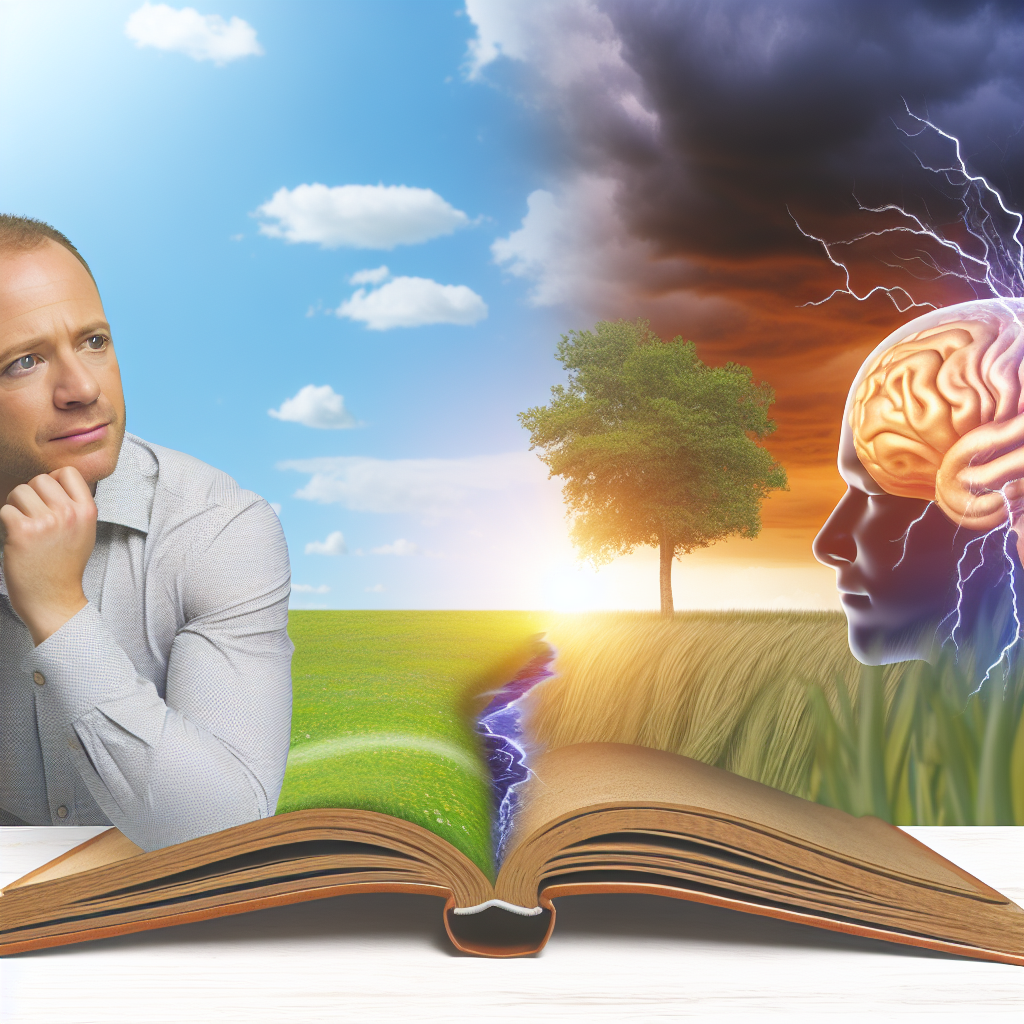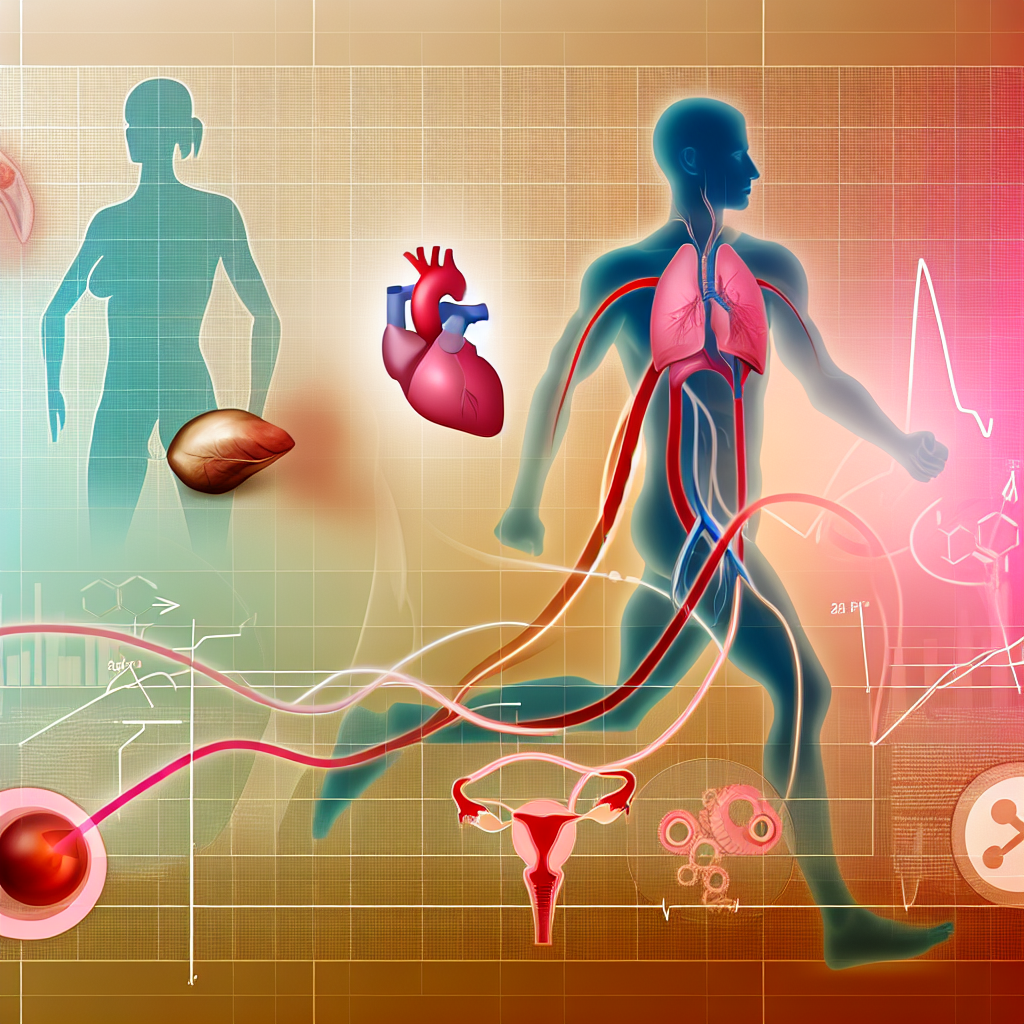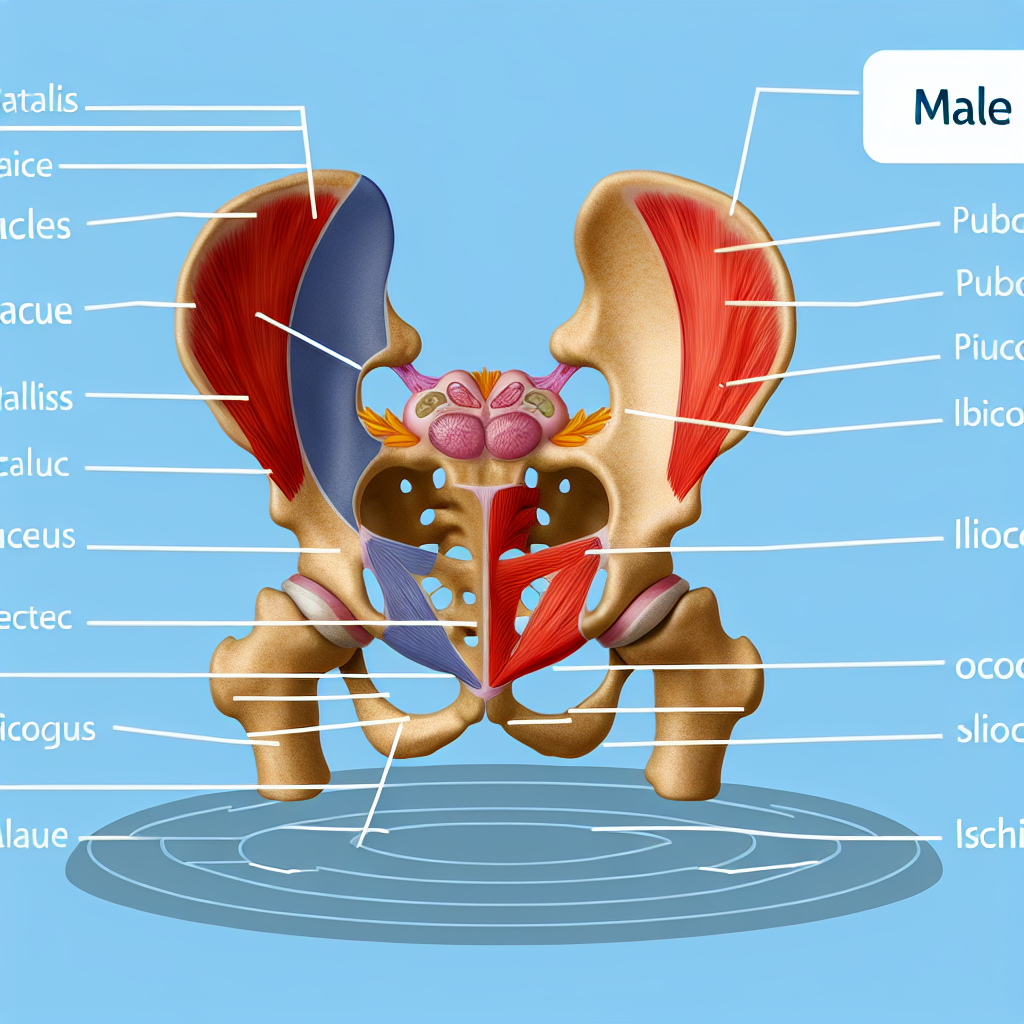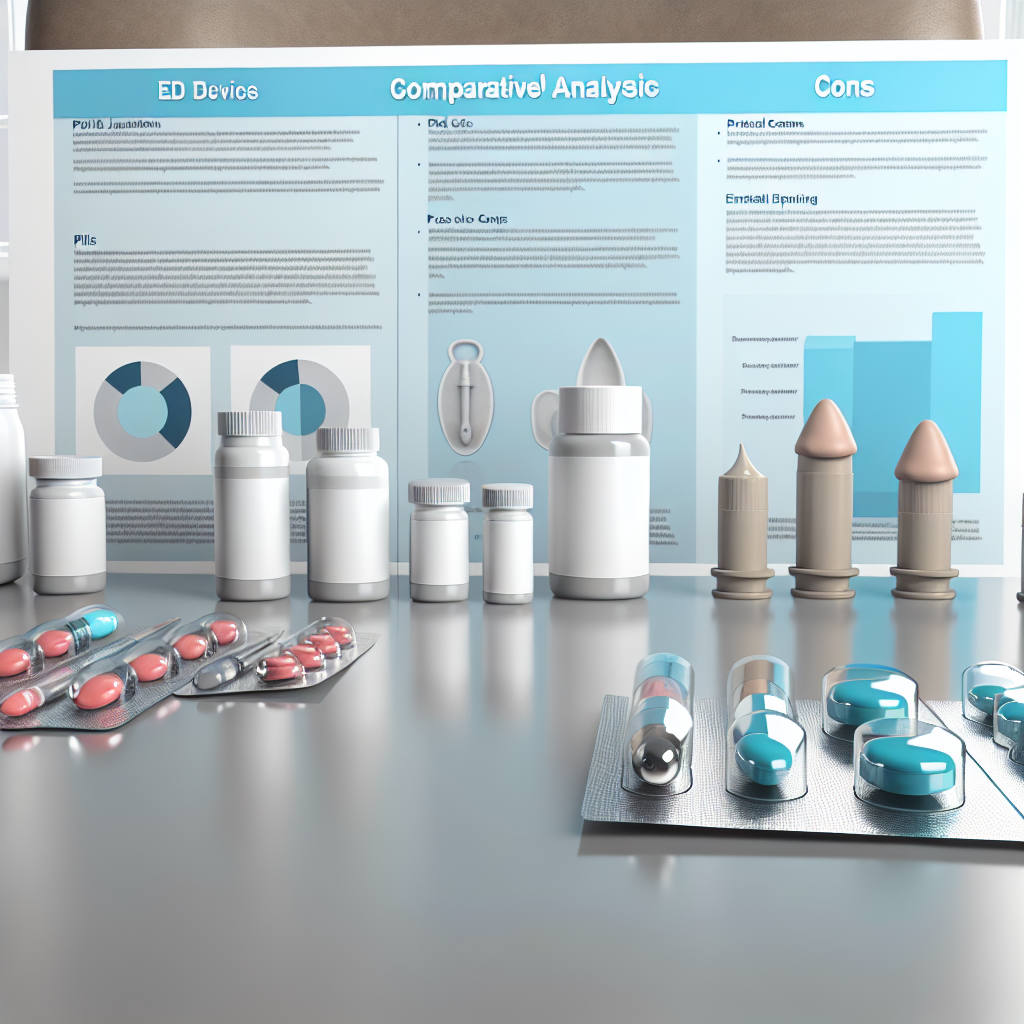Male Hormones and Mental Health: The Hidden Connection
Introduction
Hormones play a crucial role in regulating a man’s physical and emotional well-being. While many people associate hormones with bodily functions like muscle growth, energy levels, and reproductive health, they also have a profound impact on mental health. Testosterone, cortisol, dopamine, and serotonin are all key hormones that influence mood, cognitive function, and emotional stability.
For males, hormonal imbalances can contribute to a variety of mental health concerns, including depression, anxiety, brain fog, and irritability. Teenagers undergoing puberty, middle-aged men experiencing testosterone decline, and older adults facing hormonal shifts can all be vulnerable to mood changes triggered by fluctuating hormone levels.
One of the most well-documented connections between male hormones and mental health involves testosterone, the primary male sex hormone. Research shows that low testosterone levels are linked to an increased risk of depression, fatigue, and cognitive decline. Conversely, overly high testosterone levels can sometimes lead to aggression, impulsive behavior, or mood instability. Cortisol, the body’s stress hormone, also plays a crucial role, as prolonged elevated levels of cortisol can lead to anxiety disorders and emotional instability.
Additionally, neurotransmitters like dopamine and serotonin, which regulate pleasure and mood, can be affected by hormonal fluctuations. A decrease in dopamine can contribute to low motivation and an inability to experience pleasure, while serotonin imbalances can lead to mood disorders such as depression or anxiety.
Understanding how male hormones influence mental health is essential for identifying and managing hormonal imbalances. Whether through lifestyle changes, medical interventions, or natural therapies, optimizing hormone levels can significantly improve a man’s mental well-being.
Scientific Studies on Male Hormones and Mental Health
Testosterone and Mood Disorders: How Your Hormones Shape Your Emotions
Testosterone has a well-established link with mental health. A study published in the Journal of Clinical Psychiatry found that men with low testosterone levels are significantly more likely to experience depression and mood disorders than those with normal levels (source). The study suggests that testosterone therapy may be an effective treatment for some men with depression, particularly those who have not responded well to traditional antidepressants.
Another notable study from JAMA Psychiatry examined older men and their testosterone levels, concluding that individuals with lower testosterone showed higher rates of cognitive decline and emotional instability (source). Supplementing testosterone in deficient males helped improve mood, energy levels, and cognitive functions.
The Dangerous Effects of Cortisol on Stress and Mental Health
Cortisol is the body’s primary stress hormone, released in response to anxiety, trauma, or everyday stressors. While short-term cortisol spikes can be beneficial—helping men react quickly in dangerous situations—chronic elevations in cortisol can wreak havoc on mental health. Research from the American Psychological Association suggests that men who experience prolonged periods of stress with consistently high cortisol levels are at an increased risk of developing anxiety disorders and depression (source).
Additionally, a study published in Psychoneuroendocrinology noted that chronic stress and elevated cortisol could reduce testosterone, forming a negative feedback loop that results in both mental and physical decline (source).
Dopamine, Serotonin, and The Role of Hormones in Happiness
Dopamine and serotonin are key neurotransmitters that regulate mood, motivation, and emotional well-being. Studies indicate that testosterone plays a role in stimulating dopamine production; when testosterone levels drop, dopamine function may also decline, leading to decreased motivation and increased symptoms of depression.
Moreover, research in the Journal of Neurology, Neurosurgery, and Psychiatry indicates that low serotonin levels, often associated with depression and anxiety, may also correlate with low testosterone levels in men (source). This connection suggests that optimizing hormonal balance is an important factor for maintaining emotional and psychological health.
With increasing awareness of the relationship between male hormones and mental health, medical experts emphasize strategies to maintain balance through diet, exercise, stress management, and in some cases, hormonal therapy.
Conclusion: Taking Control of Your Hormonal and Mental Health
The connection between male hormones and mental health is undeniable. Testosterone, cortisol, dopamine, and serotonin all influence mood, cognitive function, and emotional stability. When these hormone levels become imbalanced—whether due to age, lifestyle factors, or medical conditions—it can result in anxiety, depression, brain fog, and other emotional distress.
Scientific studies affirm that low testosterone is linked to mood disorders and cognitive decline, while prolonged high cortisol levels contribute to stress-related issues. Neurotransmitters like dopamine and serotonin further complicate the mental health equation, as their regulation is influenced by hormonal activity.
The good news is that proper management of male hormonal health can significantly improve mental well-being. Regular exercise, a healthy diet, controlled stress levels, and, when medically necessary, hormone replacement therapy can help restore optimal balance. If you’re struggling with unexplained mood swings, depression, or anxiety, assessing your hormone levels with a healthcare professional might be a vital step toward mental resilience. By understanding and proactively managing hormone levels, men of all ages can lead healthier, happier lives.
References
– [Journal of Clinical Psychiatry – Testosterone and Depression](https://pubmed.ncbi.nlm.nih.gov/28402228/)
– [JAMA Psychiatry – Testosterone and Cognitive Decline](https://jamanetwork.com/journals/jamapsychiatry/fullarticle/2705591)
– [American Psychological Association – Cortisol and Stress](https://psycnet.apa.org/doiLanding?doi=10.1037%2F0033-2909.133.1.25)
– [Psychoneuroendocrinology – Cortisol’s Effect on Testosterone](https://www.sciencedirect.com/science/article/abs/pii/S0306453010002664)
– [Journal of Neurology, Neurosurgery, and Psychiatry – Serotonin and Testosterone](https://jnnp.bmj.com/content/77/10/1084)
Summary:
This article explores the critical connection between male hormones and mental health. It delves into scientific research on how hormones like testosterone, cortisol, dopamine, and serotonin influence mood, cognitive function, and emotional stability in men. The article highlights the risks of hormonal imbalances, which can contribute to conditions like depression, anxiety, brain fog, and irritability. It also provides expert recommendations on managing hormonal health through lifestyle changes, medical interventions, and natural therapies to improve overall mental well-being.

Dominic E. is a passionate filmmaker navigating the exciting intersection of art and science. By day, he delves into the complexities of the human body as a full-time medical writer, meticulously translating intricate medical concepts into accessible and engaging narratives. By night, he explores the boundless realm of cinematic storytelling, crafting narratives that evoke emotion and challenge perspectives. Film Student and Full-time Medical Writer for ContentVendor.com




